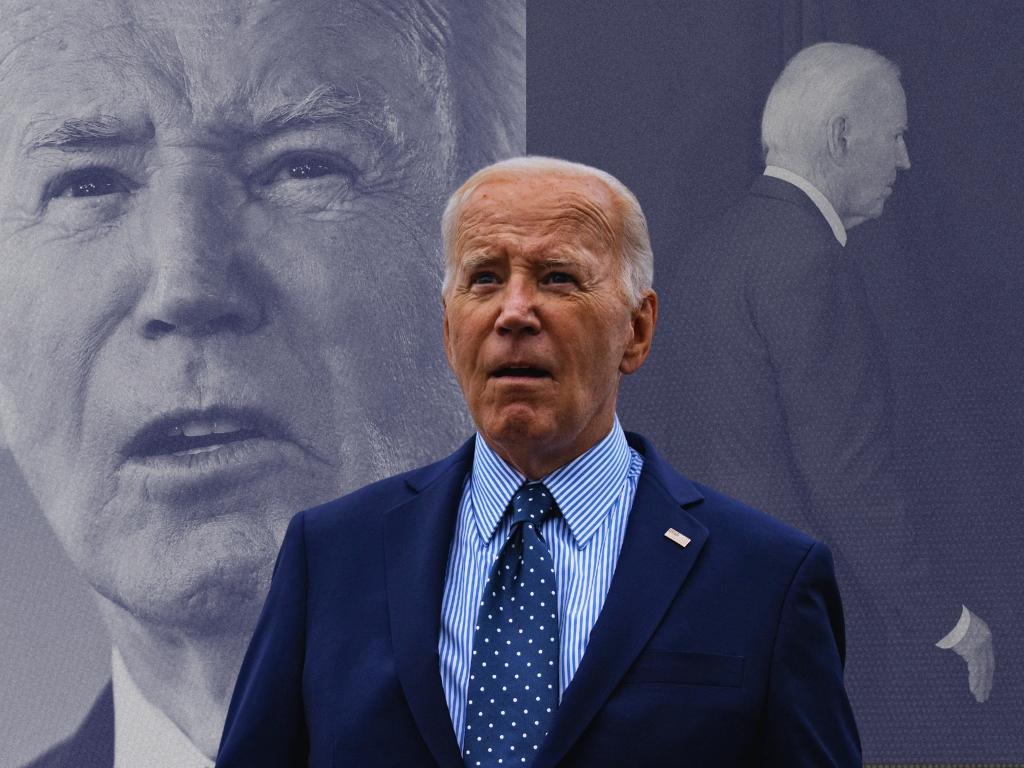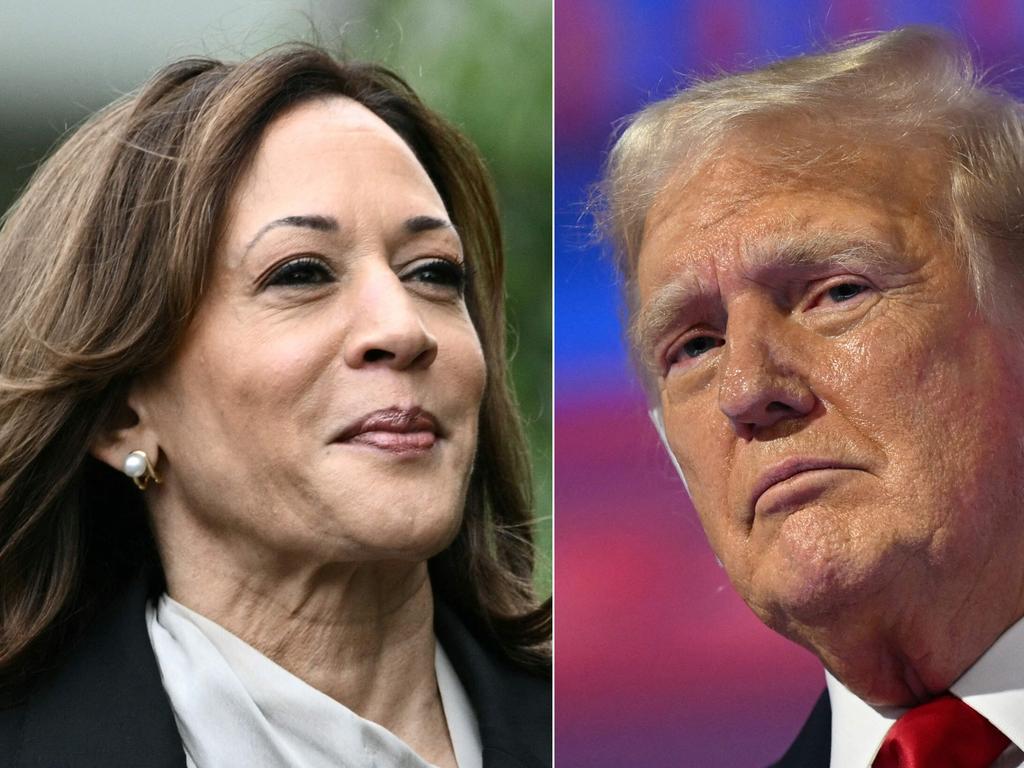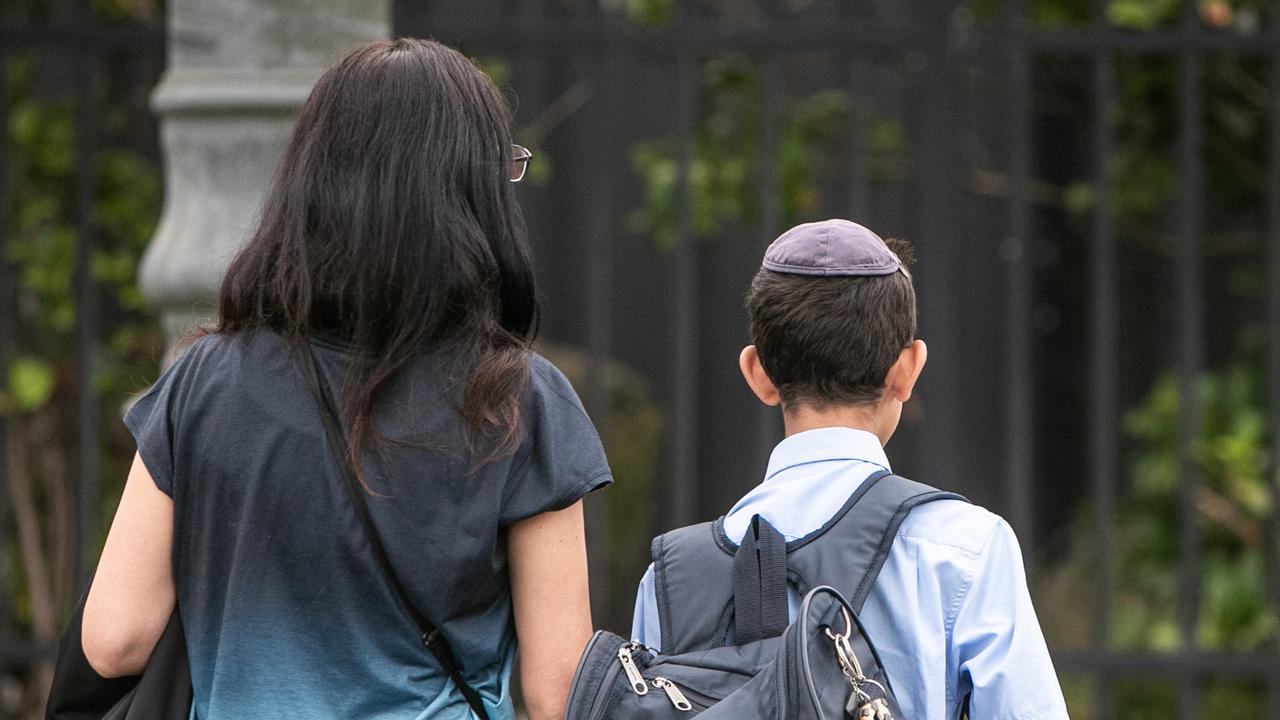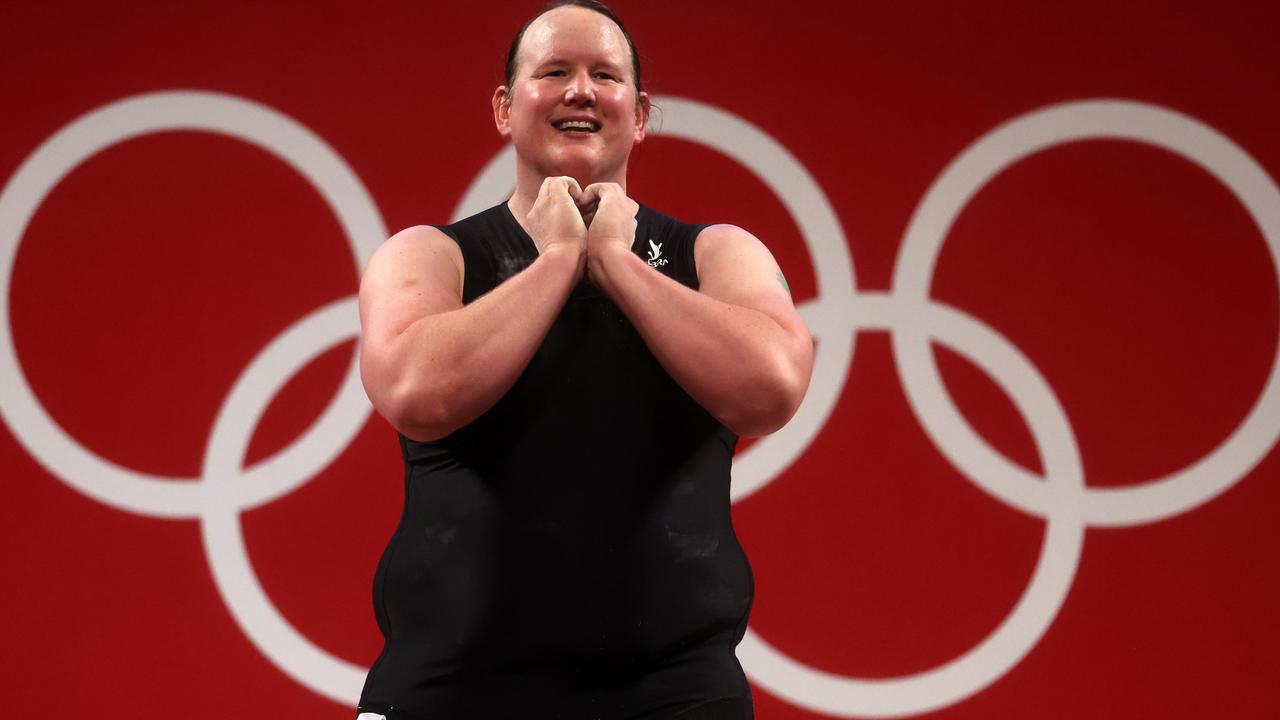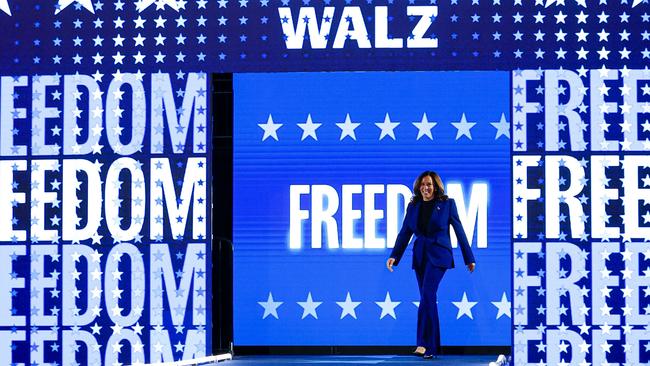
“Donald Trump is going to find out the power of women in 2024,” Joe Biden roared earlier this week during his handover address at the Democratic National Convention.
If Kamala Harris becomes the 47th US president after the election in November, he won’t be wrong. But he could have been a bit more specific.
It might have been a nasty quip but Republican vice-presidential candidate JD Vance’s now notorious claim that “childless cat ladies” were running the country wasn’t far wrong, setting pet preferences to one side. The Democrats are in power and their strongest backers undeniably are women who have never married. If this large and growing group didn’t vote, the US electoral map would be a sea of Republican red.
Single women have become a powerful voting cohort, increasingly targeted by Democrats as they embrace sexual politics to maintain control of the White House. It is conventional wisdom in the US that men lean Republican and women lean Democrat – but not all women.
While clear majorities of men and married women favour the Republican Party, according to a survey of Americans by Pew Research, 72 per cent of never-married women back the Democrats.
And that’s before Harris – who’s being sold as a feisty “girl boss” one step away from breaking what Hillary Clinton in her convention speech called the “highest, hardest glass ceiling” – replaced the ancient Biden.
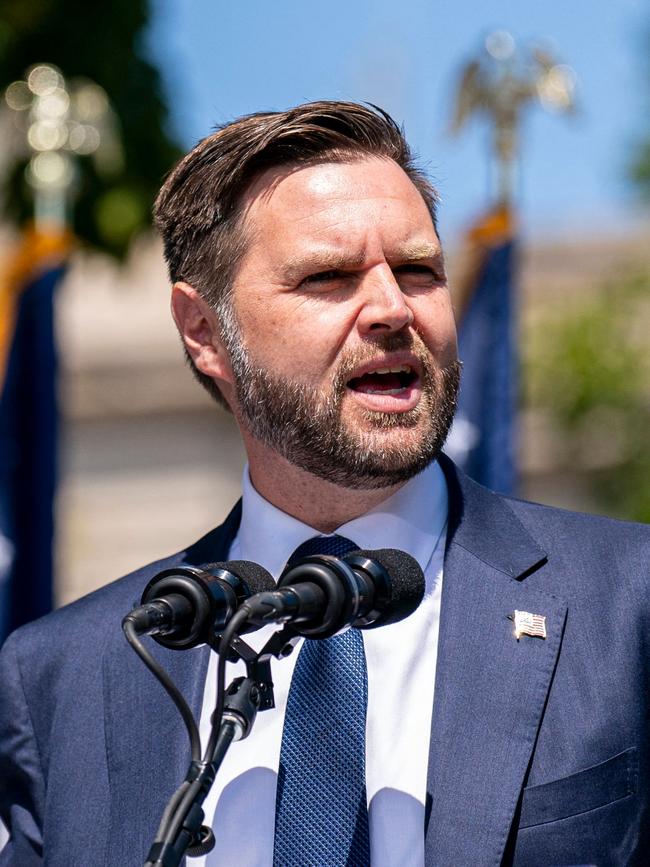
By the way, that ceiling would be news to most Americans, around 95 per cent of whom have told Gallup since 1999 they would readily elect a well-qualified woman, black or white, as president (up from below 60 per cent in the late 1950s). But sustaining or even fuelling the perception of massive and increasing sexism and racism has become essential to modern Democrat party politics.
Indeed, Vance’s 2021 comment was catnip, so to speak, for Democrat strategists seeking to manufacture outrage among women.
The Democratic National Convention was exhibit A. Practically every one of the 60-plus speakers at the party’s nominating convention on day one dwelled on the Democrats’ plans to “protect reproductive rights” – what some may consider a niche issue set against a generational, inflation-induced plunge in living standards, rampant illegal immigration, corporate cronyism and the prospect of World War III.
The party has only one concrete policy: legislating abortion rights along the lines of Roe V Wade, the overturned Supreme Court decision that has become the motivating event of the party’s 2024 campaign.
Still, unmarried women aren’t the only group propping up the Democrats. The provision of gender-neutral bathrooms, and even a gender-neutral prayer room, should provide a clue to the other. Gay, lesbian and bisexual Americans have an ever greater preference for the Democratic Party: 83 per cent to 17 per cent, according to Pew.
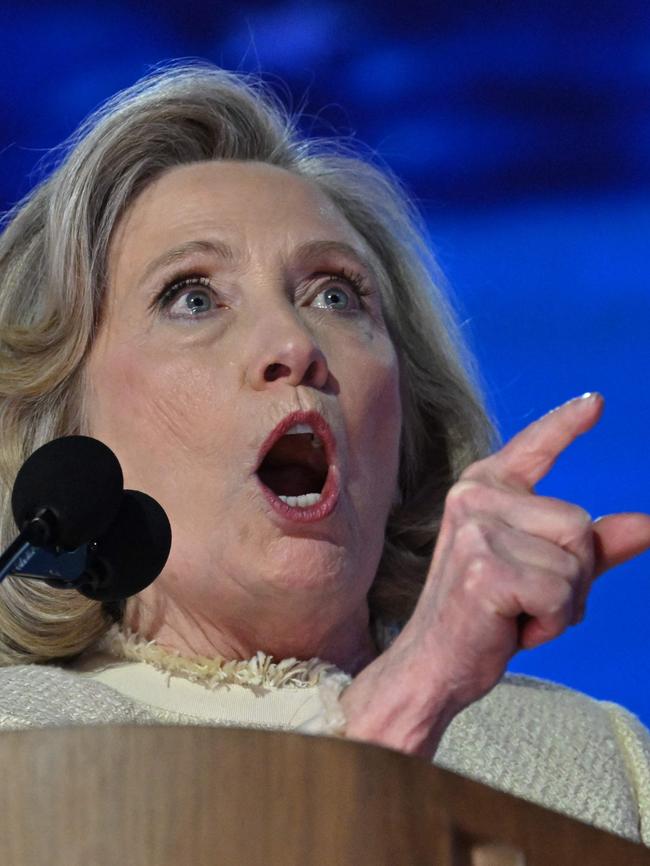
From a strictly economic point of view, the Democratic Party platform would appeal to young single women, offering them greater choice: more taxpayer funded childcare; free healthcare, including of course the right to abortions; and welfare to support the rearing of children should they decide to have any.
“Aside from mass immigration, the most striking demographic development of the past decade is the large cohort of American women who have embraced the helping hand of the state in place of the increasingly suspect protections of fathers, brothers, boyfriends and husbands,” American journalist David Samuels recently wrote in a lengthy piece, The March of Kamala’s Brides: Miserable Young Women are the Democrats’ Foot-soldiers. Brides of the State, he calls them.
Whether such policies have made women happier is less clear. “A startling 56 per cent of liberal American women aged 18-29 have been diagnosed with a mental-health condition (the percentage for conservative women is 21 per cent),” Samuels writes.
Mental health problems have skyrocketed among young women, a trend typically blamed on social media, which doesn’t appear to have had the same impact on young men.
Understanding why the so-called LGBT community favours Democrats over Republicans is harder to explain. Often high income and childless, gay, lesbian and bisexual Americans shoulder a disproportionate tax burden and receive little in return, which might make them less inclined to support parties in favour of increased taxation to fund a cradle-to-grave social welfare system.
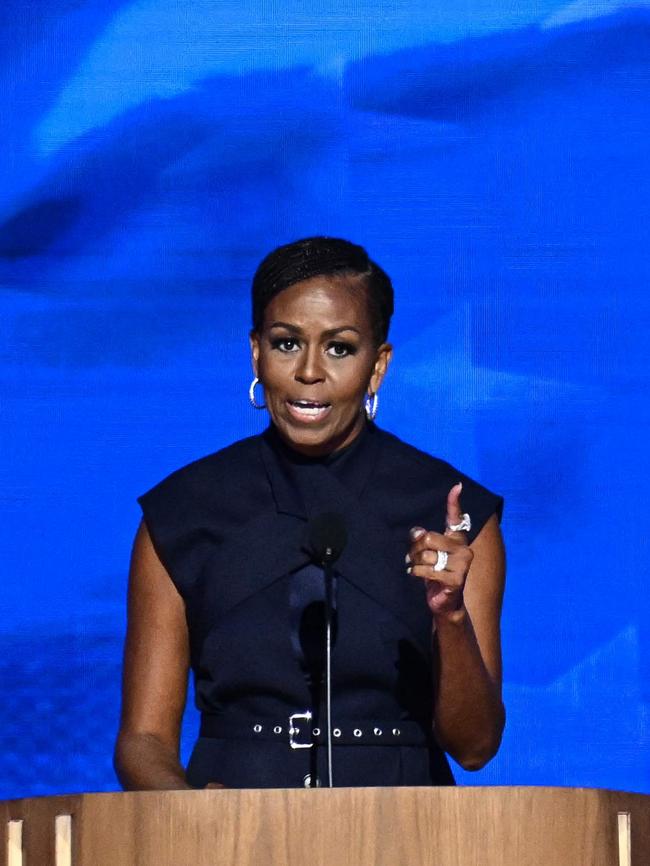
But politics is increasingly about values rather than policy, the vibe rather than facts. And Democrats talk the talk when it comes to LGBT and women’s rights, creating the perception they are under permanent assault by Republicans.
Democrat leaders are fond of invoking a unified America in their rhetoric, but in practice their strategy increasingly has been to divide by sex and race for political advantage.
The share of black Americans who say relations between whites and blacks are “very” or “somewhat” good has fallen steadily from 66 per cent in 2013 to 33 per cent last year, according to Pew Research.
More recently, Democrats and parties of the left throughout the West have even pushing for the creation of new groups, evidenced by recent obsession with the “trans community”, a group that has exploded from essentially zero to about 5 per cent of the US population according to another 2022 survey by Pew.
Political discourse has become so dominant and powerful, perhaps it can create groups as much as cater to them – and not necessarily for their benefit.
More Coverage
 Single women have become a powerful voting cohort, increasingly targeted by Democrats as they embrace sexual politics to maintain control of the White House.
Single women have become a powerful voting cohort, increasingly targeted by Democrats as they embrace sexual politics to maintain control of the White House. Democrat-aligned Planned Parenthood was spruiking offering DNC attendees free vasectomies and abortions, courtesy of a mobile health clinic parked nearby for the first two days of the convention.
Democrat-aligned Planned Parenthood was spruiking offering DNC attendees free vasectomies and abortions, courtesy of a mobile health clinic parked nearby for the first two days of the convention.

